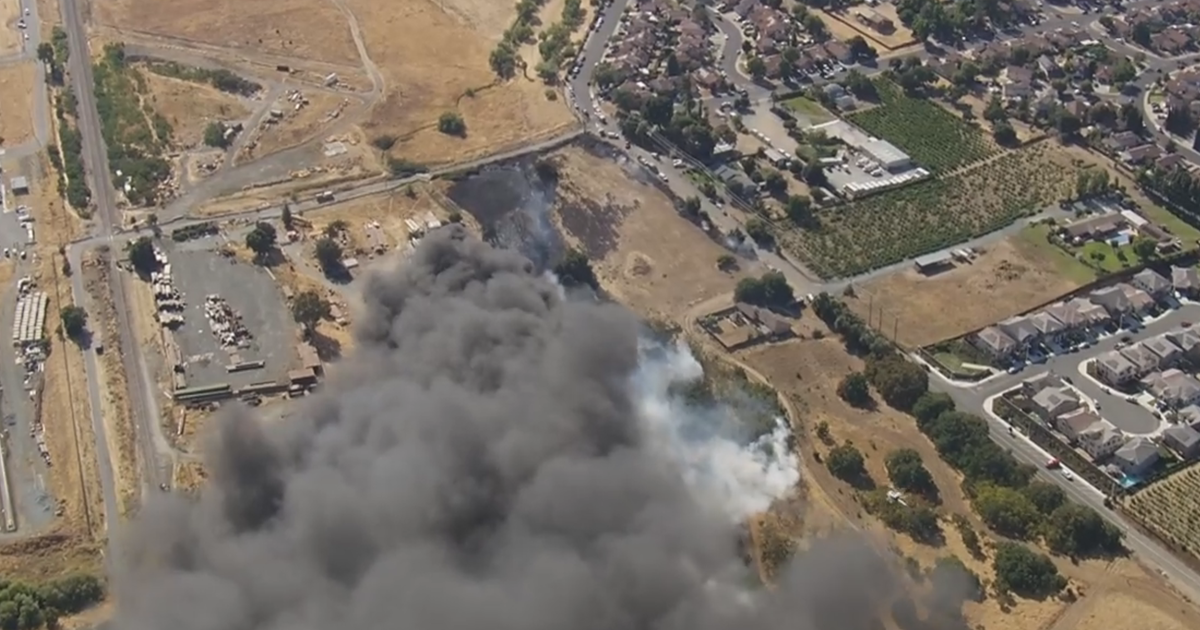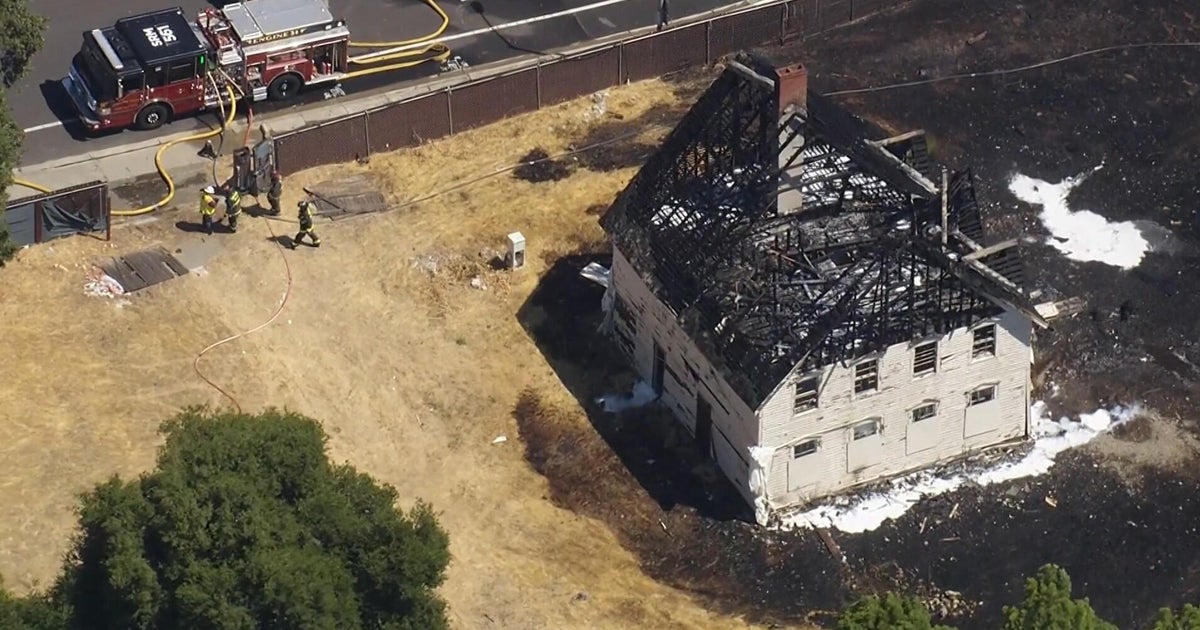South Bay Legislator's Bill Would Require Tele-Access to Local Government Meetings
SACRAMENTO (CBS SF) -- Local governments would be required to permanently offer the option of virtual participation in public meetings under a bill introduced this week in the state legislature.
In addition to making permanent remote access to and livestreams of public meetings, Assembly Bill 1944 would allow local governmental bodies that meet remotely to waive a provision of the state's Brown Act that requires public officials to disclose their private address if they intend to participate in meetings virtually.
Current state law allows governmental bodies like city councils and boards of supervisors to hold meetings remotely if a quorum of members participate from locations within their given jurisdiction.
However, elected officials who participate remotely are required to disclose their private address to ensure they live within a given jurisdiction unless a majority of their governmental body votes to waive that requirement.
AB 1944 co-author Assemblyman Alex Lee, D-San Jose, argued that the Brown Act's requirement to disclose an official's private address or location could be detrimental to their ability to fulfill their civil duties, using the example that an official recovering from surgery in a hospital room would be required to reveal the location of the hospital and their room under current state law.
Lee also argued that teleconferenced meetings and remote participation options have made it far easier for members of the public, who may be unable to attend a government meeting on a weekday morning, to express their thoughts on local policy matters.
"During the pandemic, we've seen that remote public participation for governments is not only possible, but vital to many folks who otherwise would be excluded from decision-making spaces," Lee said.
Lee and Assemblywoman Cristina Garcia, D-Bell Gardens, introduced the bill as a tweaked version of last year's Assembly Bill 339.
That bill, which they also jointly introduced, would have required local governmental bodies to offer remote access options for public meetings as well as closed captioning and translation services.
AB 339 was subsequently pared down amid criticism from a coalition of public, private and educational agencies that argued the financial cost of continuing to offer remote meeting access in perpetuity would be too burdensome.
The final version of the bill only applied to jurisdictions with more than 25,000 residents, had no requirement for translation or closed captioning and would have sunset after 2023.
Under that version, just 26 of the state's 58 counties and 15 of its 482 cities would have been subject to maintaining remote meeting access.
While state legislators did pass AB 339, Gov. Gavin Newsom vetoed it in October, saying at that time in a statement that the bill would have limited meeting flexibility and increased operating costs for the affected cities, counties and other governmental bodies.
According to Lee, who introduced the bill Thursday, AB 1944 already has support from members of the Gilroy, Seaside, South San Francisco, Santa Ana and Sacramento city councils as well as members of the boards of trustees for the Santa Clara County Unified School District and San Bruno Park School District.
"Allowing remote participation for the community will ensure that those who wouldn't normally show up to a meeting would be able to have their voice heard," Garcia said.
© Copyright 2022 CBS Broadcasting Inc. and Bay City News. All Rights Reserved. This material may not be published, broadcast, rewritten or redistributed



